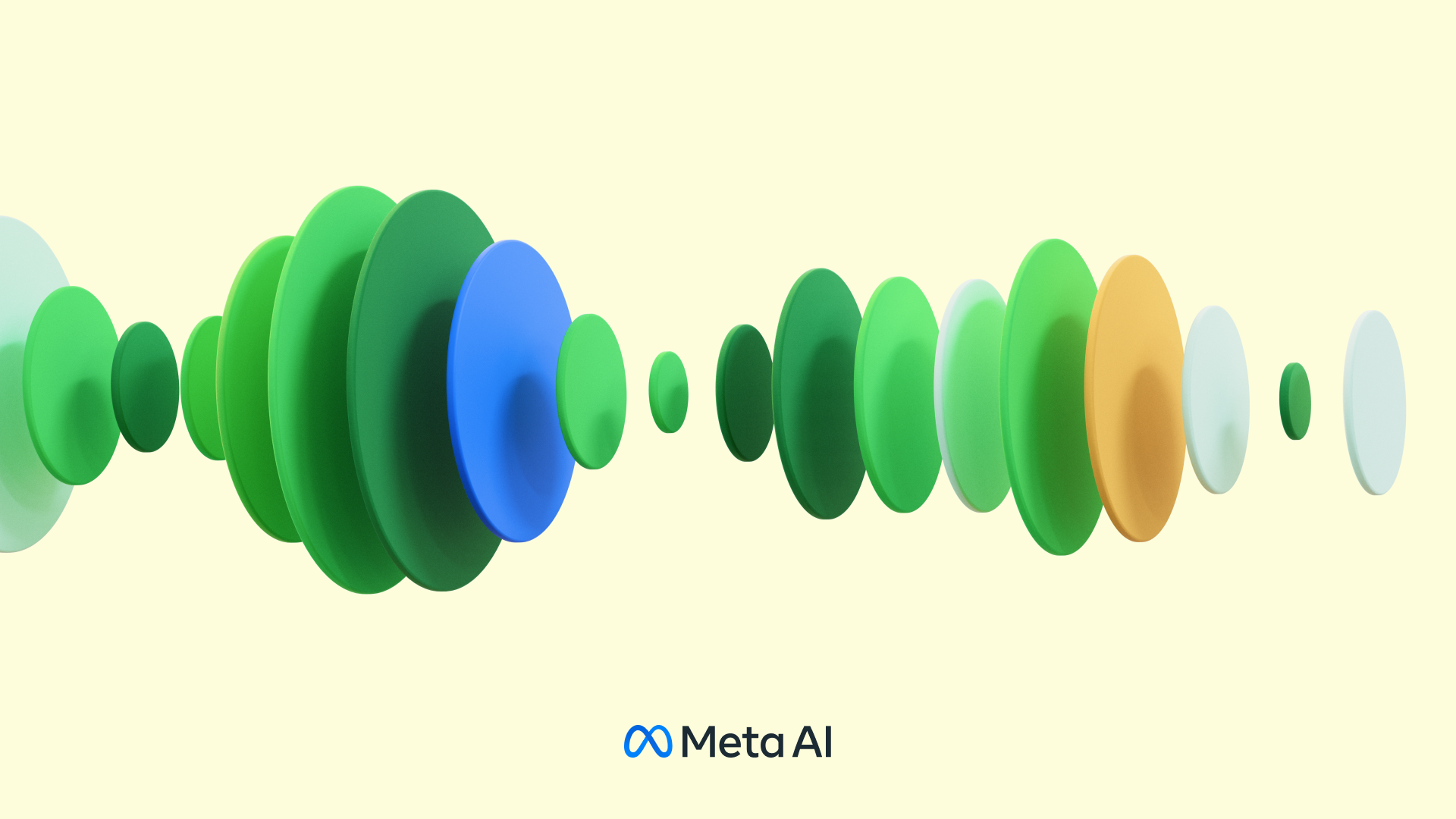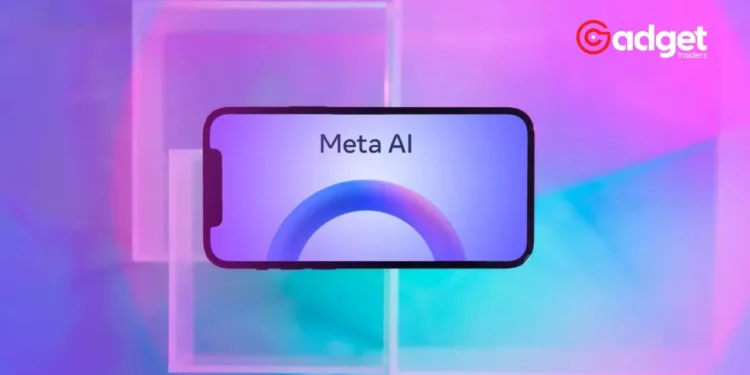In a recent surge of announcements that shook the tech world, Mark Zuckerberg, CEO of Meta Platforms Inc., declared the launch of the company’s latest product, Meta AI. This new AI system represents a significant milestone for Meta, utilizing an open-source model known as Llama 3.
Zuckerberg’s enthusiastic declaration marks another ambitious chapter in the tech giant’s journey, reflecting his belief that Meta AI will set new standards for artificial intelligence technology.

A Closer Look at Meta AI’s Capabilities
Zuckerberg’s announcement not only highlights the launch of Meta AI but also sheds light on its groundbreaking features. “The bottom line is that we believe Meta AI is now the most intelligent AI assistant that you can freely use,” Zuckerberg stated.
This new AI system integrates real-time knowledge from Google and Bing directly into its responses, offering users an enriched interactive experience.

Further enhancing its functionality, the brand has been designed to create animations and generate high-quality images at an astonishing speed. These images are updated in real-time as the user types, adding a dynamic new dimension to user interaction.
“It’s pretty wild,” Zuckerberg commented, emphasizing the innovative nature of the system.
Zuckerberg makes a bold statement about Facebook's newest innovation https://t.co/iCPlEs7bA4
— TheStreet (@TheStreet) April 18, 2024
Meta’s Strategic Moves in AI Development
In his announcement, Zuckerberg also touched upon Meta’s strategic approach to AI development, including the decision to open-source Llama 3 models at 80 billion and 70 billion parameters.
This move is part of Meta’s broader strategy to lead in AI technology by providing high-performance models to the developer community. “We are investing massively to build the leading AI,” Zuckerberg explained, indicating that the release of these models is just the beginning of what Meta plans to bring to the table.

Moreover, Zuckerberg teased the development of a larger, more complex model, which is still under training. With more than 400 billion parameters, this model is expected to be “industry-leading on many benchmarks” once released, promising unprecedented capabilities in the AI landscape.
Mark Zuckerberg’s Future Prospects and Community Response
The introduction of Meta AI has already sparked discussions across various platforms, with tech enthusiasts and critics alike weighing in on its potential impact. The system will be integrated across all Meta-owned apps, including Facebook, Instagram, and WhatsApp, making advanced AI tools more accessible to a broader audience.
However, not all feedback has been positive. Alongside the launch of Meta AI, a new feature for AI-generated comments on posts was also revealed, which immediately drew criticism for its implications on user interaction and content authenticity.
As Zuckerberg gears up for more innovations, the tech community watches closely, eager to see how Meta AI will transform the digital landscape and whether it will indeed live up to the lofty expectations set by Meta’s enthusiastic CEO.










